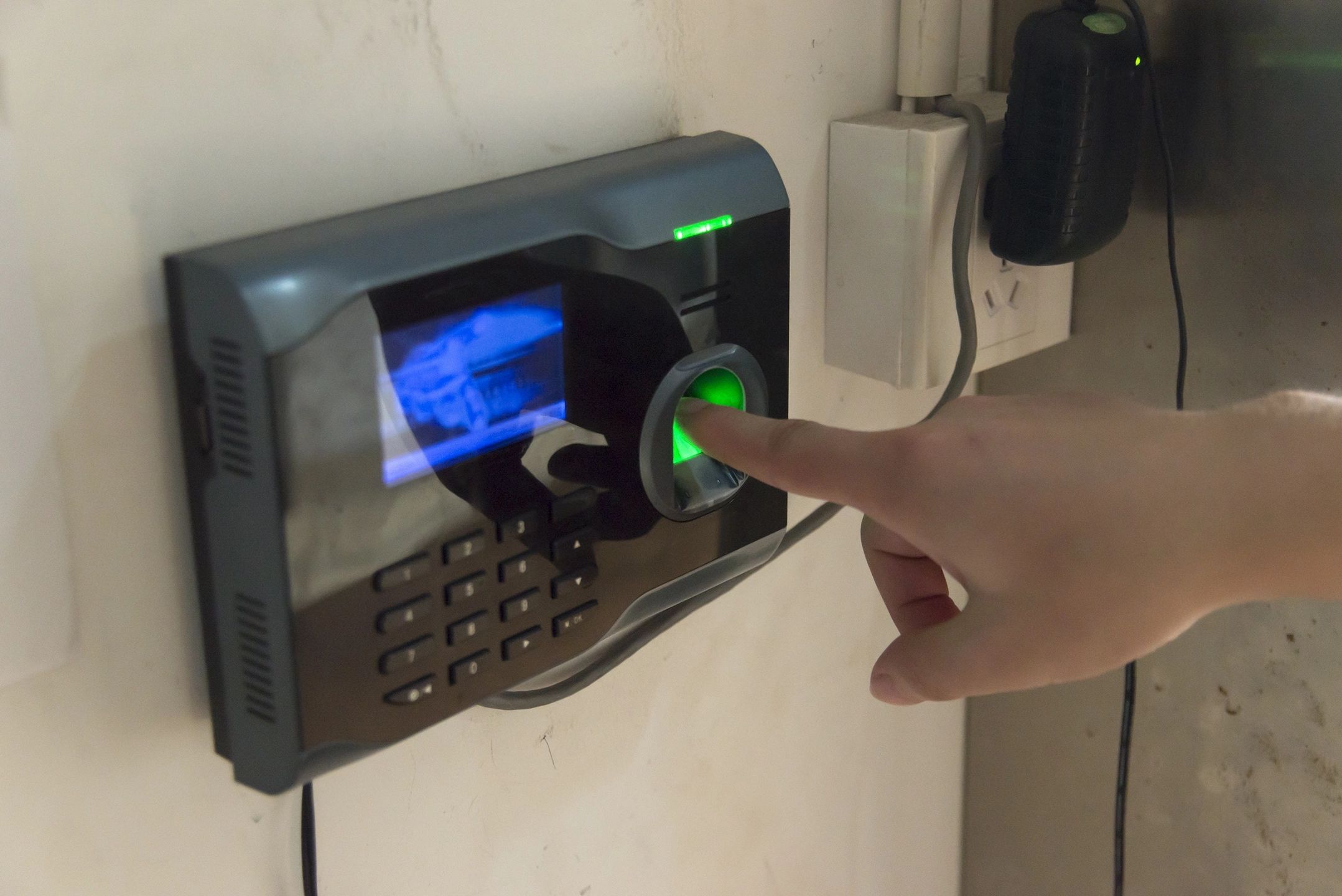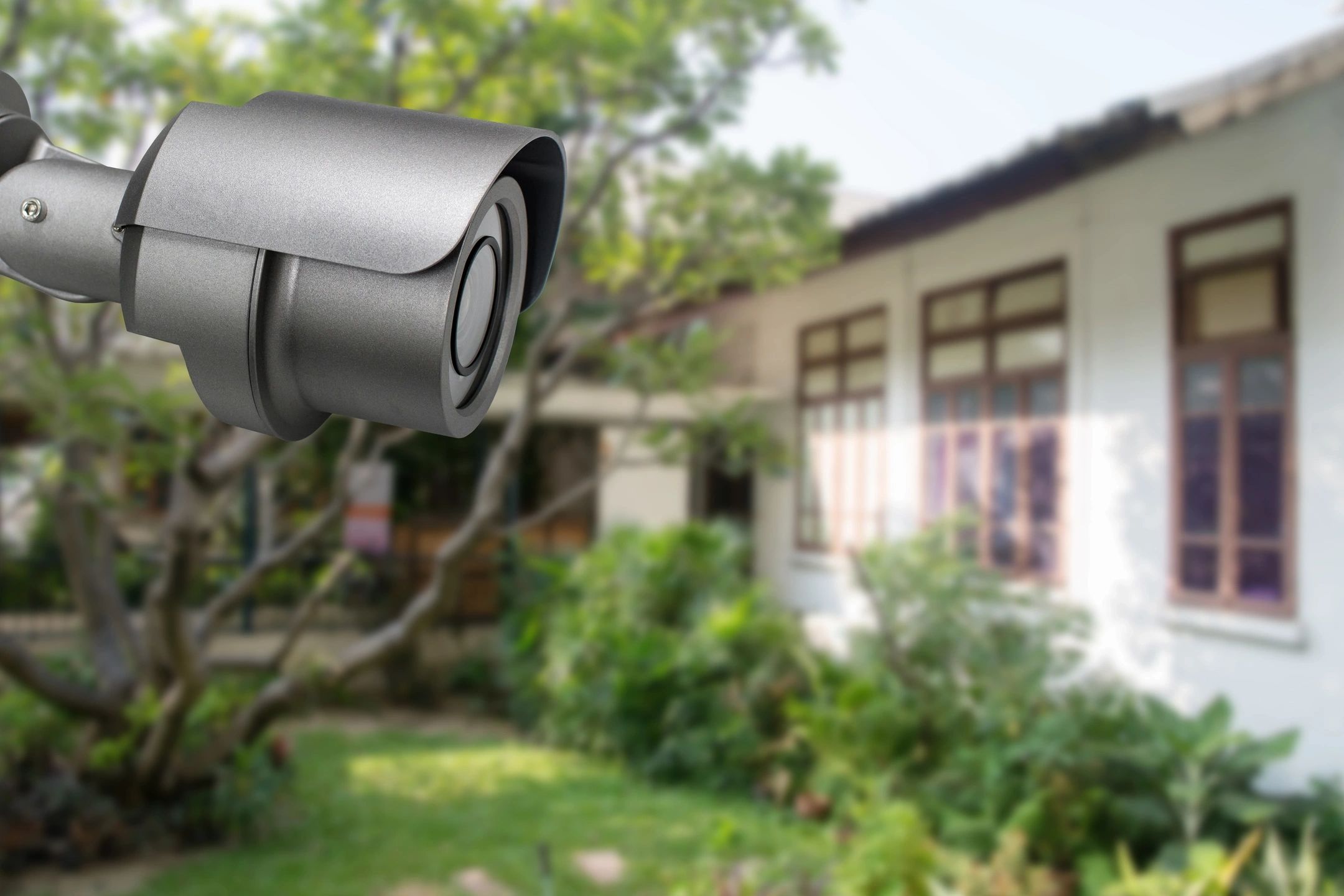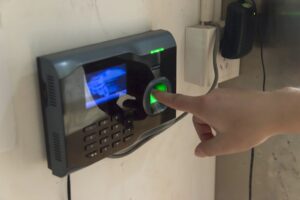Unleashing Effectiveness: Why K9 Security Tames Tough Situations
Security is of utmost importance. Whether it’s protecting public spaces or private establishments, finding effective security measures can be a daunting challenge. However, one solution that has consistently proven its worth is K9 security. K9 security, also known as canine security, utilizes highly trained dogs to enhance security and tackle tough situations. Let’s see explore the power of K9 security, its applications, advantages over traditional security, and the vital role played by the human-canine bond.
The Power of K9 Security
When it comes to security, dogs have an exceptional set of skills that make them invaluable assets. Their acute sense of smell, exceptional hearing, and heightened instincts allow them to detect hidden threats and identify potential dangers that might go unnoticed by humans. K9 security units are carefully selected and trained to harness these unique abilities, making them an unrivaled force in security operations.
Training and Preparation
K9 security dogs undergo specialized training programs to ensure they are prepared for their demanding roles. These programs focus on obedience, discipline, and the development of specific skills required for security tasks. Through rigorous training, K9 security dogs learn to respond to commands swiftly, maintain focus in high-stress situations, and work effectively alongside their human handlers.

Applications of K9 Security
K9 security finds wide-ranging applications in various sectors, most notably in law enforcement and private security firms. In law enforcement, K9 units play a crucial role in tracking down suspects, detecting illegal substances, and searching for missing persons. Private security firms also utilize K9 security to protect high-value assets, secure events, and provide a visible deterrent to potential threats.
K9 Security in Action
To truly understand the prowess of K9 security, let’s delve into real-life scenarios where these canine teams have excelled. In drug enforcement operations, K9 units have been instrumental in uncovering hidden narcotics, leading to significant seizures and arrests. In search and rescue missions, K9 security dogs have located individuals trapped under rubble or lost in vast wilderness, saving lives and providing a glimmer of hope in dire situations.
Advantages over Traditional Security
K9 security offers several advantages over traditional security measures. One key advantage lies in the enhanced detection capabilities of dogs. Their ability to sniff out illicit substances, explosives, and contraband with remarkable accuracy surpasses the capabilities of most technological devices. Additionally, the mere presence of a highly trained K9 security dog acts as a powerful visual deterrent, dissuading potential threats from engaging in malicious activities.
The Human-Canine Bond
The effectiveness of K9 security hinges on the strong bond formed between the handler and the dog. The handler-dog relationship is built on trust, mutual respect, and clear communication. Handlers work tirelessly to understand the unique cues and body language of their canine partners, ensuring seamless coordination during operations. This bond amplifies the effectiveness of K9 security and strengthens the overall security posture.
Implementing K9 Security Measures
Integrating K9 security into existing security protocols requires careful planning and coordination. Organizations seeking to employ K9 teams should follow a systematic approach that includes selecting suitable dog breeds, conducting thorough training programs, and establishing proper deployment proceduresto maximize effectiveness. It is essential to consider factors such as the specific security needs, the environment in which the dogs will operate, and the ongoing maintenance and care required for the K9 units.
Challenges and Limitations
While K9 security offers numerous benefits, there are also challenges and limitations to be aware of. K9 security teams may face obstacles such as navigating complex legal frameworks, ensuring the well-being and safety of the dogs, and addressing potential liabilities. Additionally, K9 security may not be suitable for all situations, such as those involving highly sensitive electronic equipment or environments with strict allergen restrictions.

Success Stories
The success of K9 security is evident in numerous real-world accomplishments. K9 units have played critical roles in apprehending dangerous criminals, intercepting illegal shipments, and preventing potential terrorist attacks. These success stories highlight the tangible impact that K9 security has on crime prevention and public safety. By leveraging the unique skills of highly trained dogs, security professionals have been able to tame tough situations and protect communities effectively.
Conclusion
When it comes to security, the use of K9 security dogs has proven to be highly effective. Their exceptional senses, rigorous training, and close bond with human handlers make them a force to be reckoned with in tackling tough situations. From law enforcement to private security, K9 security offers unparalleled detection capabilities and serves as a powerful deterrent. By embracing the power of the human-canine bond and implementing K9 security measures thoughtfully, organizations can unleash the full potential of these remarkable security assets.
FAQs - Unleashing Effectiveness: Why K9 Security Tames Tough Situations
The training period for a K9 security dog can vary depending on various factors such as the breed, the desired skill set, and the individual dog’s aptitude. On average, training programs can last anywhere from several months to over a year to ensure the dogs are proficient in their security tasks.
While different dog breeds possess unique characteristics that can be advantageous in specific security roles, there is no definitive “best” breed for K9 security. German Shepherds, Belgian Malinois, and Labrador Retrievers are commonly used due to their intelligence, agility, and trainability. However, the selection of the breed should be based on the specific requirements and objectives of the security operation.
Yes, K9 security dogs can be utilized in non-security roles. Their exceptional senses and obedience make them valuable assets in various areas such as search and rescue, therapy work, and even as assistance dogs for individuals with disabilities. The versatility of K9 security dogs extends beyond traditional security applications.
The costs associated with implementing K9 security can vary depending on factors such as acquiring suitable dogs, training programs, veterinary care, and ongoing maintenance. Organizations should consider expenses related to dog acquisition, training facilities, equipment, and the salaries of experienced handlers. It is essential to develop a comprehensive budget that takes into account both initial setup costs and ongoing expenses.
K9 security offers unique advantages over other security measures. The heightened detection capabilities of dogs, their deterrent effect, and the ability to cover large areas efficiently make them highly effective in various scenarios. However, it is important to assess the specific security needs and consider a holistic approach that may include a combination of different security measures to achieve optimal results.




